Context Labs and Spherical Analytics Chief Operating Officer, Mark McDivitt, was recently featured on a CoinDesk episode of Money Reimagined, entitled: “Crypto, Climate Change and the ESG Debate: Kevin O’Leary, Massamba Thioye, Martin Wainstein Tackle the Issues and More.”
Context Labs was recently featured in a Gartner research piece entitled “Truth in Supply Chain”
Context Labs has recently been featured in a Gartner research piece entitled, “Truth in Supply Chain; 3 Case Studies on how Blockchain, AI & IoT are Shedding Light.” Avivah Litan, author and Distinguished VP Analyst at Gartner, highlights work that Spherical|Analytics developed with the Environmental Defense Fund (EDF).
Disclosure, Transparency, and Completeness in Oil and Gas Operations
Context Labs Featured by Gartner as a Leading Trend for 2021 “Trust in Supply Chain”- Driven by ESG Goals
We’re excited to announce that our parent company, Context Labs (CXL), was recently featured by Gartner announcing three key trends they see for 2021, by Distinguished VP Analyst Avivah Litan.
Trust in data is clearly a major problem to be solved, and our aim is to allow the world to have trusted data, enabling better and faster decision-making. The Context Labs Immutably™ platform underlies trust in supply chains, by being an integrative data fabric to build what we call Asset Grade Data (AGD).
Strategic Partnership - Rocky Mountain Institute
The Economist Group Report- A sustainable ocean economy in 2030: Opportunities and challenges
On World Oceans Day 2020, Spherical | Analytics (a Context Labs company) was featured in “A Sustainable Ocean Economy in 2030: Opportunities and Challenges” as part of The Economist Group’s World Ocean Initiative.
CEO and Founder, Dan Harple, discussed our deployment of the Immutably™ for Maritime platform and its implementation: The Marine Databank. Part of Chapter 3, “Welcome to the Blue Data Revolution,” Dan highlights the numerous challenges with aggregating and synthesizing massive amounts of data. “It’s about how you integrate increasingly exploding amounts of data across disparate locations and make sense of it,” Dan stated.
The Marine Databank, powered by Immutably™, was developed in collaboration with the New Bedford Port Authority and the UMass Dartmouth School of Marine Science and Technology to drive actionable intelligence for the fishing fleet, academic research, and other related members of the community. By ingesting, securing, and analyzing public and private data, the Marine Databank provides actionable intelligence for industry stakeholders to better target fish biomass, reduce operating expense, and conduct more sustainable operations.
The Economist Group’s newest report highlights challenges facing key sectors in the ocean economy including seafood, shipping, tourism and renewable energy. The nine-chapter report covers a myriad of solutions to protect our oceans’ health while continuing to enjoy the bountiful economic activity it supports.
We are honored to be featured in this important report and we remind everyone to support ocean sustainability not just on World Oceans Day, but every day.
To read and download the Economist Group report:
To learn more about Immutably™ for Maritime:
Visit us on Twitter: @SphereAnalytics
Data Provenance Part 3: Trust
In the first two parts of our series on data provenance, we set out to define some key terms related to data and trust. Part 1 focused on Asset Grade Data (AGD), an entirely new class of trusted data that is so pedigreed, provenanced, proofed, auditable, and immutable that it becomes beyond reproach and is elevated to the level of an asset itself. Part 2 extended those principles and applied them to the concept of Ground Truth: point of origin instrumentation data with the highest possible levels of persisted pedigree, provenance, and security.
This third and final part will evidence the way Context Labs (CXL) and Spherical | Analytics (S|A) have applied those principles of AGD and Ground Truth towards different projects and programs.
Data Provenance Part 1: Asset Grade Data
Alternative data represents information captured from any part of an organization, outside of traditional reporting metrics, that has implications for stakeholder decision making. Environmental, social, and governance (ESG) data are some of the most frequently cited forms of alternative data. Prominent organizations and investors race to meet the demands of increasing global pressure to prove the sustainability of their operations. Yet, they all continue to struggle with ESG data standardization, asset sourcing, and a noisy marketplace. With hundreds of data insights highlighting any number of different metrics and frameworks, investors can be left guessing as to which ESG-related questions they need to answer, what data insights provide them with the best answers, and where to source all of this data.[1] With so much uncertainty in an already ill-defined space, investors must know they can trust data to support decision making.











